When people consider barriers to learning, they often talk about access and instructional design. While address those barriers is highly valuable, they are not the only ones that exist. Within each of us is our biggest barrier to learning: our own mind. The nature of the brain is such that it resists change. We actually have neuro-processes that resist new information and filter out information that does not neatly fit within our paradigm and world-view.
For example, let’s say you believe a certain phenomenon can be explained by Argument A. You also have reasons for believing this, called Supporting Experience A1. Then, you encounter Argument B, supported by evidence B1-B99. The fact that there are 99 points of evidence for Argument B compared to your one point for Argument A is completely ignored by your brain. In fact, you brain won’t even let most of the B1-B99 evidence come into your consciousness. This is how your brain guards your paradigm.
This type of barrier to learning is called a false settled belief. We carry around many of these in our minds and hearts. This is why scripture exhorts us to “…demolish arguments and every pretension that sets itself up against the knowledge of God, and … take captive every thought to make it obedient to Christ” (2 Corinthians 10:5, NIV).
Our mind is our greatest battleground for pulling down strongholds. The hardest to overcome are the ‘scripts’ in our head about our past and our future. We write these scripts based on the perceived expectations of others (“you need to do this with your life”), or we let society hand us pre-written scripts (“this is how you get there…”). Then we hold up our life in comparison to those scripts and often find ourselves wanting. Our life does not often mirror the scripts in our mind and the cognitive dissonance can lead to burnout, depression, despair, and forsaking God.
Why is our reaction to this so strong? Why can’t we simply say in faith, “that script must not be what God intended for me” and let our scripts go? Why is it easier to think we’ve done something wrong than to think we had the wrong story line? The reason is that a false settled belief, like a script or story of how things work, is one of the strongest forms of memory/thinking that exists in our brains. It takes intentional hard work to undo them.
This is why scripture in 2 Corinthians 10 talks about waging war. You have to wage war against your own mind and “demolish arguments … that set [themselves] up against the knowledge of God.” Your life’s script is the knowledge of God. He knows the plans He has for you (Jeremiah 29:11). If you think your story is broken, try asking the author for His script and wage war against the one you brought with you.


Recent Comments